When we have true artificial intelligence?
 Source:
Source:The Area of research of artificial intelligence has come a long way, but many believe that officially it was born when a group of scientists from Dartmouth College have come together in the summer of 1956. Over the past few years, computers have improved many times; today, they perform some computational operations much faster people. Given all this incredible progress, the optimism of scientists could understand. The brilliant computer scientist Alan Turing suggested the emergence of intelligent machines a few years earlier, and scientists have come to a simple idea: intelligence is, in fact, it's just a mathematical process. The human brain — machine to a certain extent. Highlight the thinking process and to be able to imitate.
Then the problem did not seem particularly difficult. Dartmouth scientists wrote: "We believe that significant progress can be made in one or more of these problems if a carefully selected group of scientists will work on this together during the summer". This proposal, incidentally, contained one of the first applications of the term "artificial intelligence". There were lots of ideas: perhaps an imitation of the scheme of the action of neurons in the brain could teach machines to abstract rules of human language.
The Scientists were optimistic, and their efforts were rewarded. They had a program that seemed to understand human language and able to solve algebraic problems. People confidently predicted that machine intelligence at the level of man will appear in twenty years.
Successfully matched and that the area of forecasting, when we have artificial intelligence at the human level, was born around the same time that the area AI. Actually it all goes back to the first article Turing on "thinking machines" in which he predicted that Turing test — in which the machine has to convince the man that she also a human — will be passed in 50 years, by the year 2000. Today, of course, people still predict that it will happen in the next 20 years, among the well-known "prophets" — ray Kurzweil. Opinions and forecasts so much that sometimes it seems that researchers put the AI on the answering machine the following sentence: "I have predicted what will be your question, but no, I can't accurately predict this".
The Problem with trying to predict the exact date when the AI human level is that we don't know how far we can go. It's not like Moore's law. Moore's law — doubling of computing capacity every couple of years makes a specific prediction about a particular phenomenon. We sort of understand how to move forward — to improve the technology of silicon chips — and we know what is in our current approach (until you start working with the chips on the atomic scale). About artificial intelligence the same is not true.
theCommon errors
A Study by Stuart Armstrong was dedicated to the trends in these forecasts. In particular, he was looking for two main cognitive distortions. The first was the idea that experts in the field of AI predict that AI will come (and make them immortal) right before they die. This critique of "the rapture of the nerds", which is subject to Kurzweil, his predictions are motivated by fear of death, desire of immortality and fundamentally irrational. The Creator of the superintelligence becomes almost an object of worship. Criticize typically the people working in AI and who know firsthand about the frustrations and restrictions of modern AI.
The Second idea is that people always choose the length of time in 15-20 years. This is enough to convince people that they're working on something that will be revolutionary in the near future (because people are less attracted to efforts that will manifest itself through the centuries), but not so soon that you would be dead wrong. The people are happy to tell the AI to his death, but it is desirable that it was not tomorrow, not next year, and years 15-20.
theprogress in the measurement
Armstrong said that if you want to assess the reliability of the forecast, there are many options which you can look. For example, the idea that human-level intelligence will evolve by simulating the human brain, it at least provides you with a clear framework for assessing progress. Every time we get an increasingly detailed map of the brain, either successfully simulated certain part of it, and thus making progress towards a specific purpose, which, presumably, will result in an AI of human level. Maybe 20 years will be insufficient to achieve this goal, but at least we can assess the progress from a scientific point of view.
Now compare this approach with the approach of those who say that the AI, or something deliberate, "will", if the network is quite complex and will have sufficient computing power. Perhaps this is how we imagine the human intellect and consciousness that emerged in the process of evolution, while evolution took billions of years, not decades. The problem is that we have no empirical data: we have never seen how the complex network of consciousness arises. We do not know whether this is possible, we can not know when we are waiting for it, because you can't measure progress along the way.
There is a tremendous difficulty is to understand which tasks are really complicated to implement, and it's haunted us since the birth of AI to the present day. To understand human language, randomness and creativity, self — improvement and all at once, just impossible. We learned how to handle natural speech, but to understand whether our computers that they process? We made an AI that seems "creative", but whether his actions little bit of creativity? Exponential self-improvement, which will lead to a singularity in General seems to be something exorbitant.
We do not understand what intelligence is. For example, experts in the field of AI has always underestimated the ability of the AI to play go. In 2015, many thought that the AI does not learn to play go until 2027. But it's only been two years, not twenty. Does this mean that AI few years to write the greatest novel? Understand the conceptual world? Closer to the human level of intelligence? Unknown.
theNot a man, but smarter people
We May have considered the problem. For example, the Turing test still fails in the sense that the AI would be able to convince the person in conversation that he was talking to a man; but the computing ability of AI, and the ability to recognize patterns and to drive a car already far exceeds the level available to man. The more decisions algorithms "weak" AI, the more the growing Internet of things, the more data fed to the neural networks and the greater will be the impact of this "artificial intelligence".
Perhaps we don't yet know how to create human-level intelligence, but just as we don't know how far we can go with the current generation of algorithms. While they don't look like those scary algorithms that undermine the social order and become a kind of vague superintelligence. And similarly, this does not mean that we must adhere to the optimistic forecasts. We have to ensure that the algorithms will always put the value of human life, morality, morality that algorithms were not totally inhuman.
Any projections need to divide in two. Don't forget that in the early days of AI it seemed that he would succeed very quickly. And today we think so too. Sixty years have passed since then, as scientists gathered at Dartmouth in 1956, to "create the intelligence for twenty years," and we still continue their business.
...Recommended
Can genes create the perfect diet for you?
Diet on genotype can be a way out for many, but it still has a lot of questions Don't know what to do to lose weight? DNA tests promise to help you with this. They will be able to develop the most individual diet, because for this they will use the m...
How many extraterrestrial civilizations can exist nearby?
If aliens exist, why don't we "hear" them? In the 12th episode of Cosmos, which aired on December 14, 1980, co-author and host Carl Sagan introduced viewers to the same equation of astronomer Frank Drake. Using it, he calculated the potential number ...
Why does the most poisonous plant in the world cause severe pain?
The pain caused to humans by the Gimpi-gympie plant can drive him crazy Many people consider Australia a very dangerous place full of poisonous creatures. And this is a perfectly correct idea, because this continent literally wants to kill everyone w...
Related News
In the United States have developed a drug for fat burning without dieting
researchers at the University of Texas have developed a new deblocking the metabolism and accelerates the metabolism of a drug that help to lose weight, not sitting down while on the diet. NNMT protein, is produced in large quanti...
The study explained how alcohol damages DNA and increases cancer risk
the fact that it increases the risk of human cancer diseases, well known to scientists for several decades. But how exactly does alcoholic beverages lead to this – a clear answer science gave. A new study conducted by the Universi...
The mystery of the stars Tabby: no aliens, sorry
The strangest and most mysterious star in the known Universe has many names, but it is highly likely that she will soon lose most "unscientific" of them. The object KIC 8462852, he is the star Tabby, also known as "the star with t...
no surprise the fact that people in positions of authority are constantly looking for a way to extend his life. It seems that it always has been, even thousands of years ago. Take the first Emperor of a centralized Chinese state o...
Scientists have found that married people happier than unmarried
Hardly a debate about what is better — family life and a huge responsibility, or complete freedom from such obligations and proud loneliness, makes sense. However, against the facts do not trample. Whether marriage makes our...
Bioengineers are afraid to open "Pandora's box"
We stand on the cusp of an extraordinary breakthrough in the field of synthetic biology. CRISPR-Cas9 technology for genome editing, opened in 2014, is at the forefront of this breakthrough. We promise to solve problems with food, ...
Does our brain deep learning for understanding the world?
Immediately when Dr. Blake Richards heard about deep learning, he realized that he was faced not only with a method that revolutionairy artificial intelligence. He realized that looking at something fundamental from the human brai...
Edit the genes slowed the development of amyotrophic lateral sclerosis in mice
Considered incurable degenerative disease called amyotrophic lateral sclerosis (also known as Lou Gehrig's disease and Lou Gehrig's disease) managed to slow down by editing genes in laboratory mice. For the first time in people wi...
Where was the water from Mars? Scientists have a new hypothesis
Planetary scientists believe that billions of years ago Mars was warmer and wetter than it is now. Where was his water? In the new study, researchers impose the assumption that most of the water is still on the red planet, only it...
The solar system could have formed inside a giant space bubble
There are different theories about how it may have formed our Solar system. But at the moment scientists have not yet come to a common agreement and a model that could explain all the peculiarities and oddities associated with it....
The Arecibo Observatory is considered a potentially hazardous asteroid Phaeton
After a few months of downtime in connection with the liquidation of consequences of hurricane "Maria" the main radio telescope of the Arecibo Observatory and one of the most powerful radio telescopes in the world returned to its ...
Near the center of the milky Way discovered a strange "thread"
Astronomers have been exploring the center of the milky Way, which is a supermassive black hole Sagittarius A* at the mass, surpassing our Sun in 4 million times. But thanks to technology, scientists have new tools for observation...
The classical picture of the neurons in the brain was wrong
the Human brain contains about 86 billion neurons. Each of these neurons connect with other cells, forming trillions of connections. The place of contact of two neurons or a neuron and a signal-receiving cells is called the synaps...
Alien hunter was skeptical of the latest "revelations" of the Pentagon
last week the publisher of The New York Times and Politico have published articles in which it was reported that the us government within a few years led funding programmes to study . Objective of the "Advanced program identify av...
For people with Parkinson's disease have developed "laser shoes"
Modern technology quite often come to the rescue of the people, especially when it comes to improving people with various incurable diseases. Such as . The phrase "laser shoes" may sounds a bit ridiculous, but how else can you cal...
Our brain is able to create false memories, but it's not always a bad thing
You've never been in a situation when together with someone witnessed an event, but somehow different then I remembered, what happened? It would seem that you were there, saw the same thing, but for some reason have differing memo...
Scientists say the discovery of the gene bad breath
Bad breath is not always associated with noncompliance with oral hygiene. Scientists say that in about 0.5 to 3 percent of the people cause bad smell are other sources. For example, a bad smell occurs when inflammation of the sinu...
Omwamwi is not a space ship, but he could be "passengers"
last Wednesday, scientists project a Breakthrough Listen directed gaze parabolic radio telescope green Bank National radio astronomy Observatory in the direction Omwamwi — the mysterious oblong space object, in fact the firs...
Testers Virgin Hyperloop One broke up the capsule to 387 km/h
a Team of testers Virgin Hyperloop One again set a record — in the recent tests held at the site DevLoop near Las Vegas, they were able to accelerate the capsule to a speed of 387 kilometers per hour. the Inside of the pip...
Come in large numbers here! Mars is not a close neighbor of the Earth
an international group of scientists could find the causes of the deep differences in the composition of Earth and Mars. The fact that the Red planet was not always where it is now located, but much further away from our planet in...



















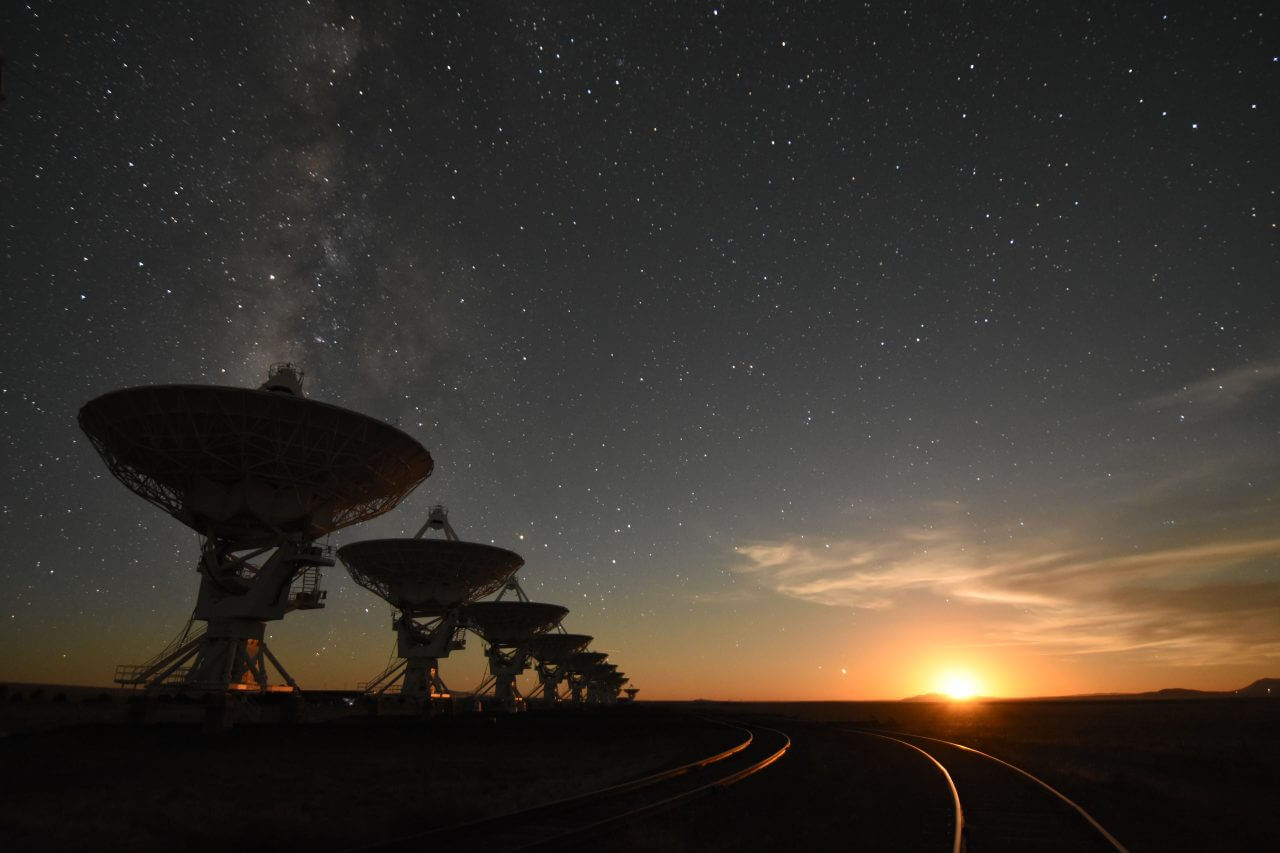
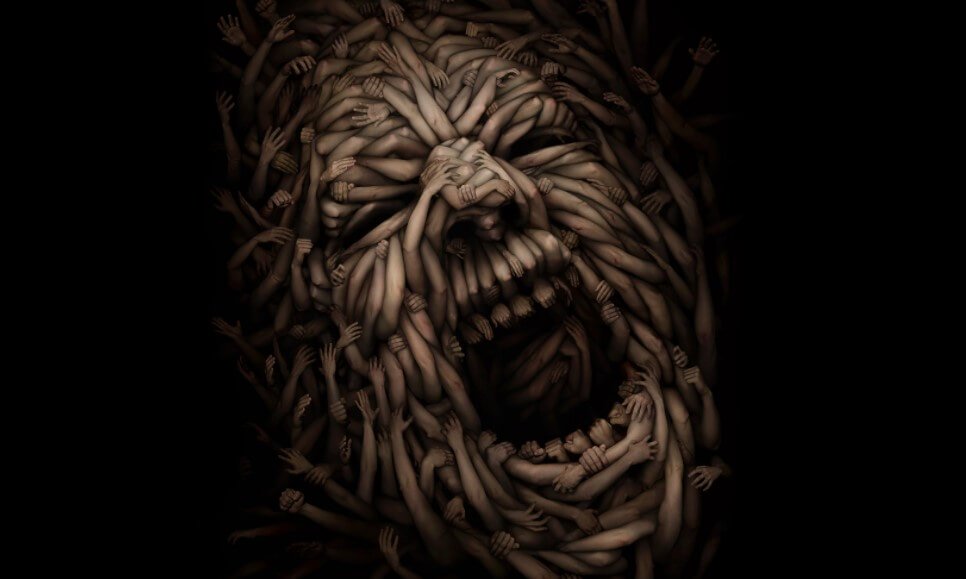






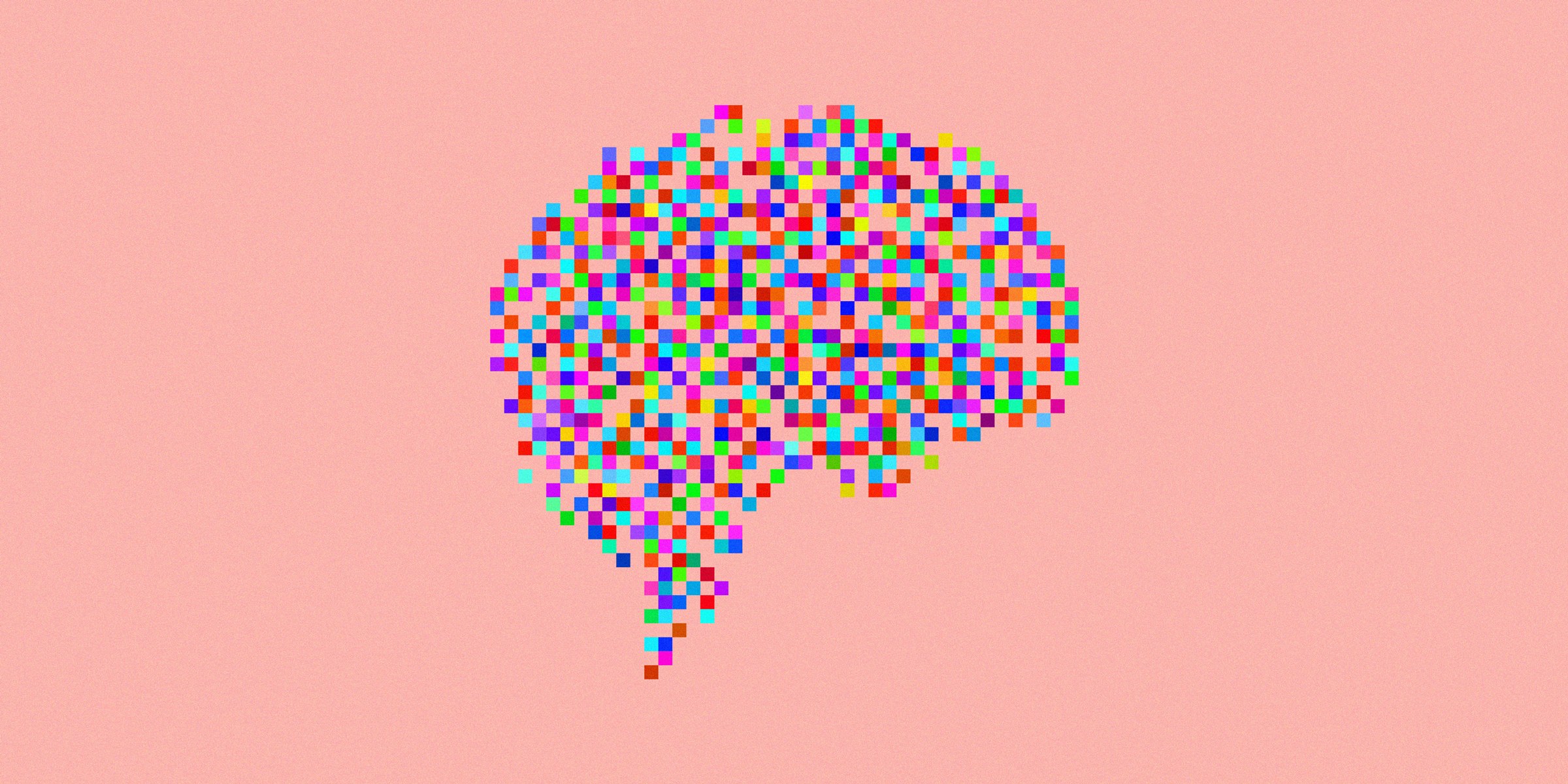
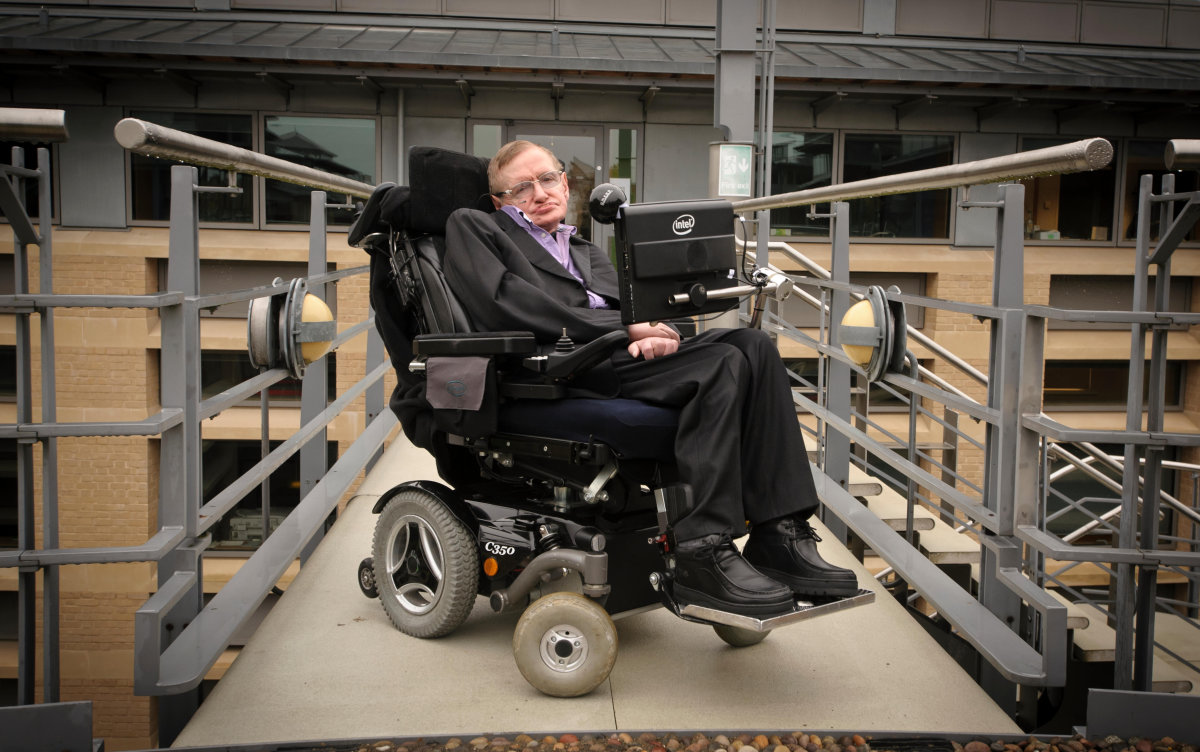

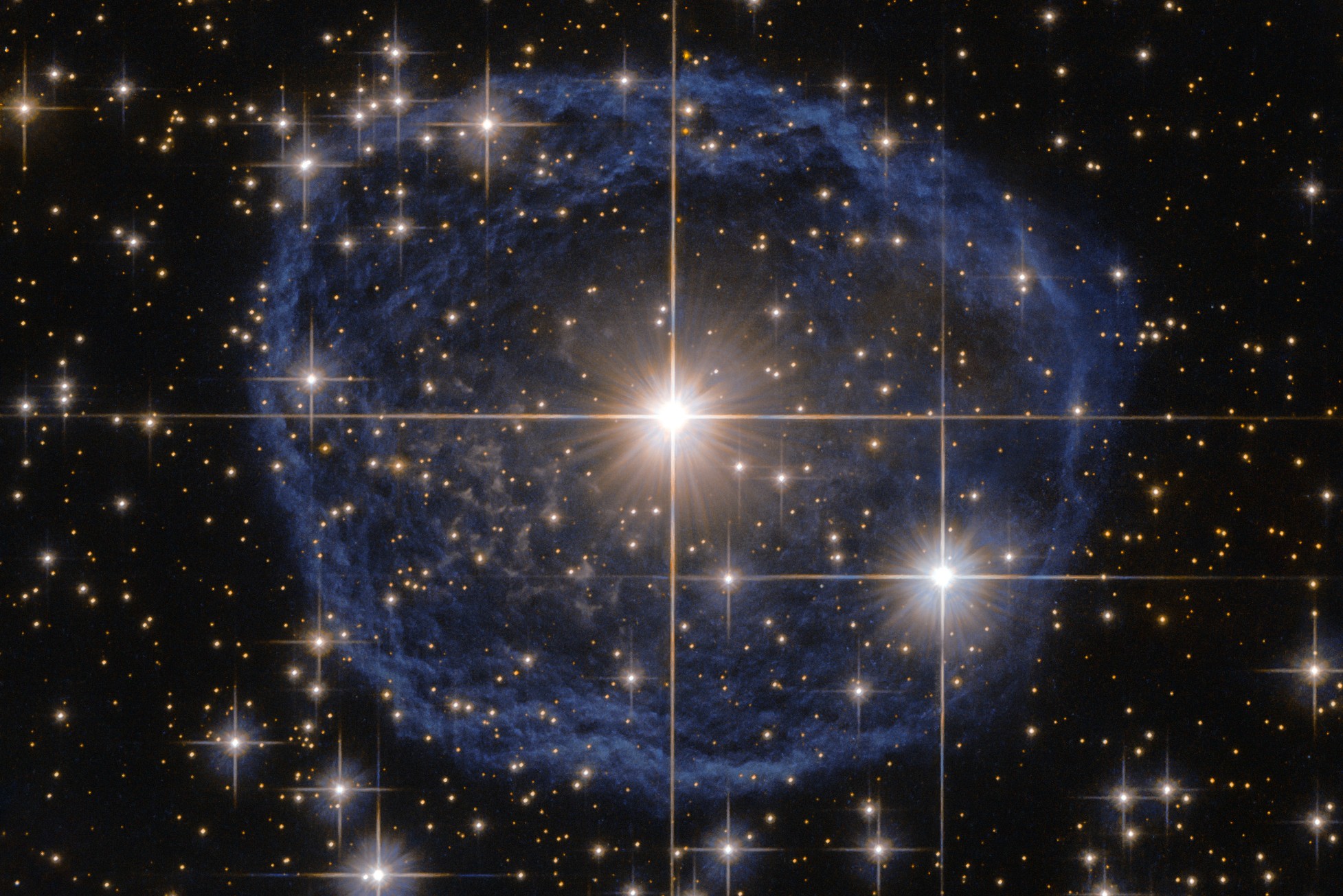
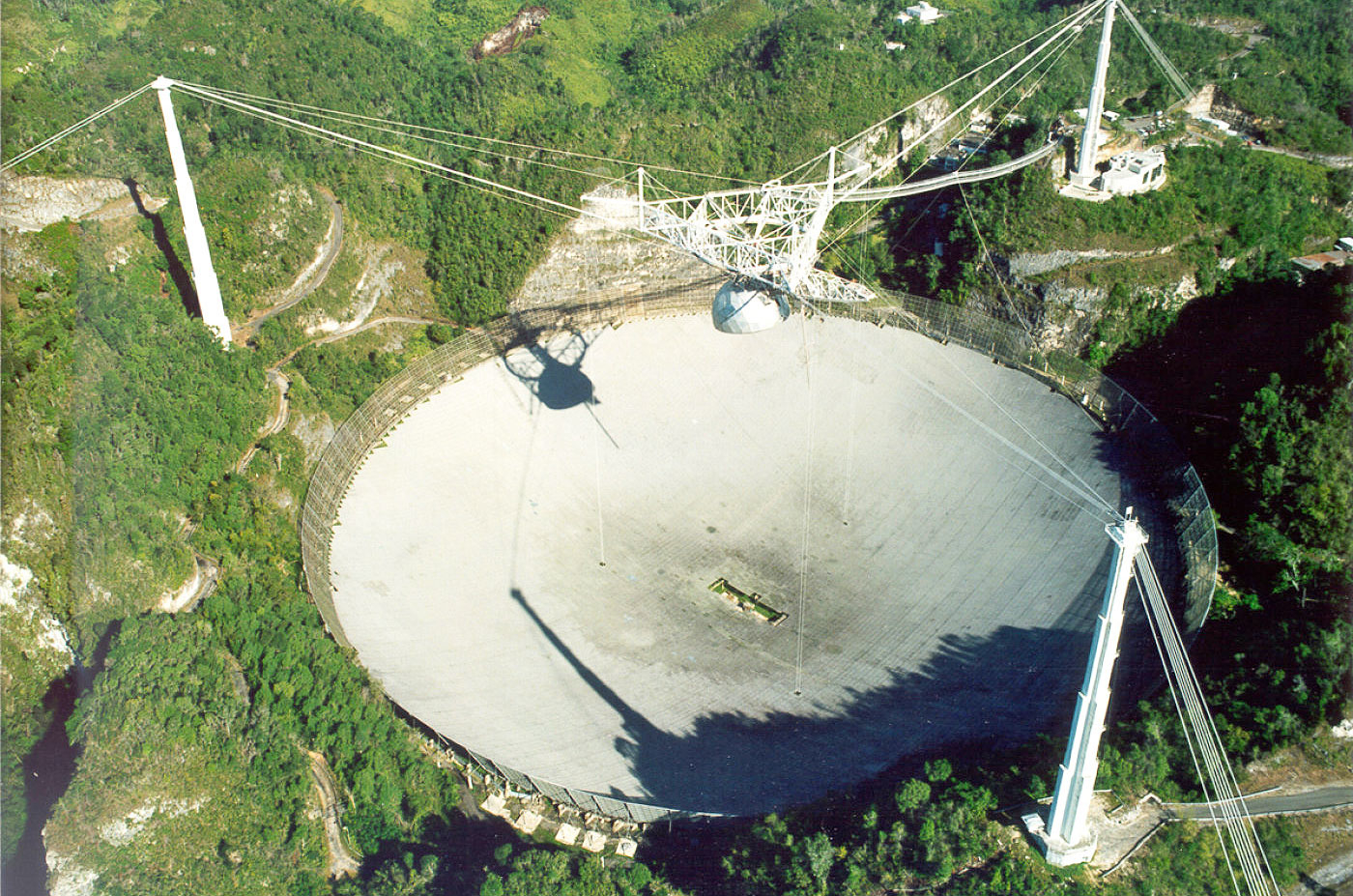
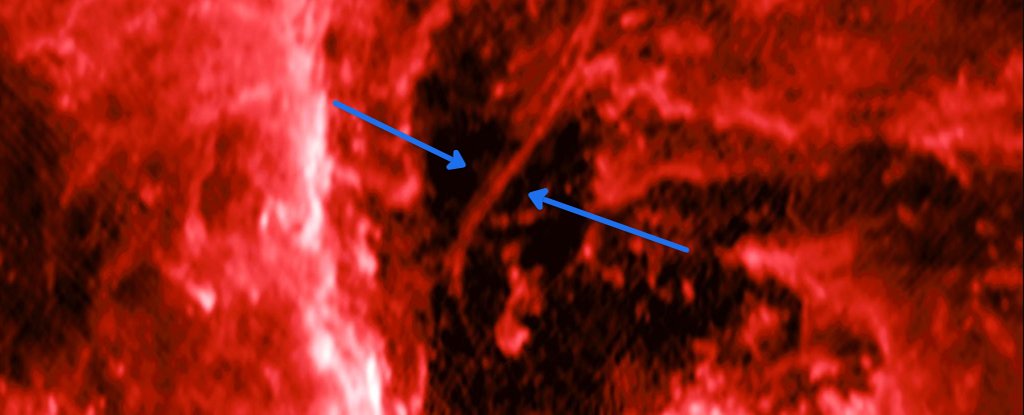
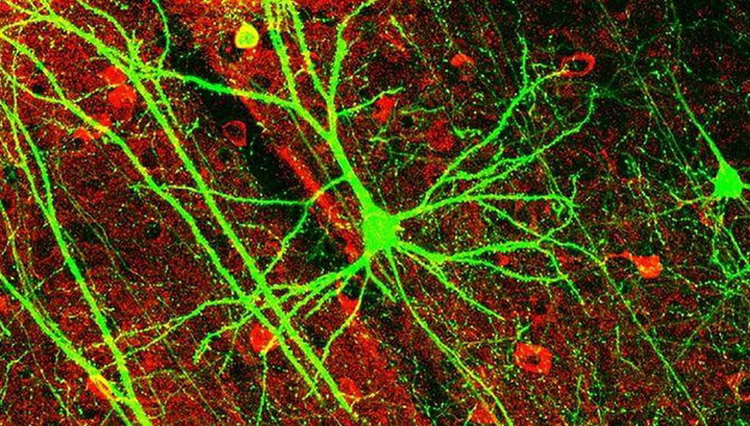

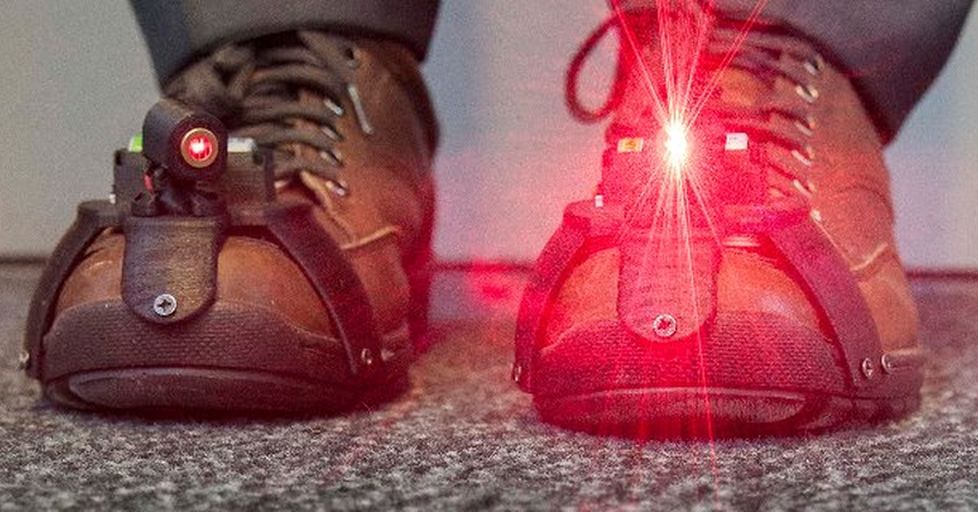
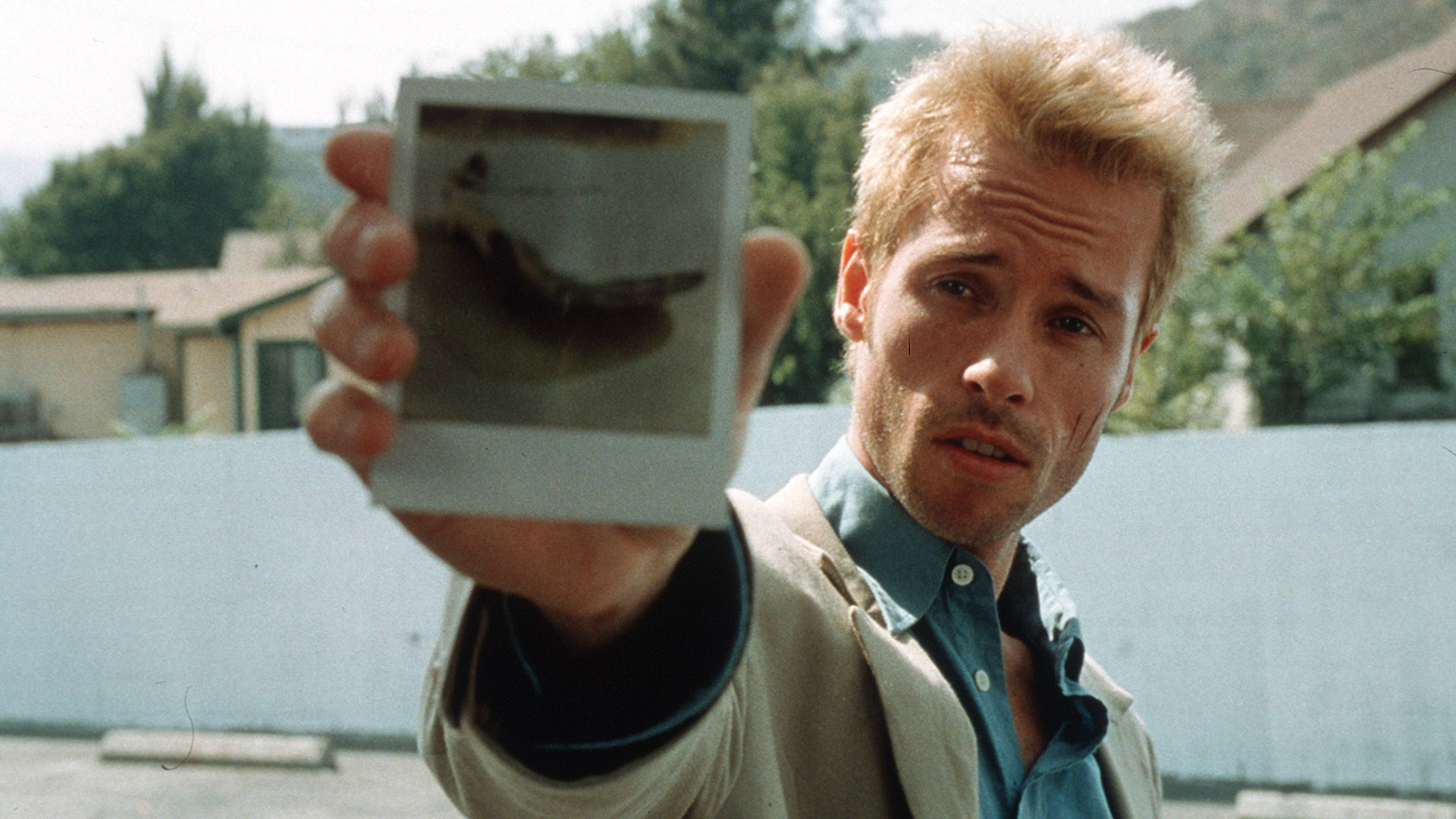

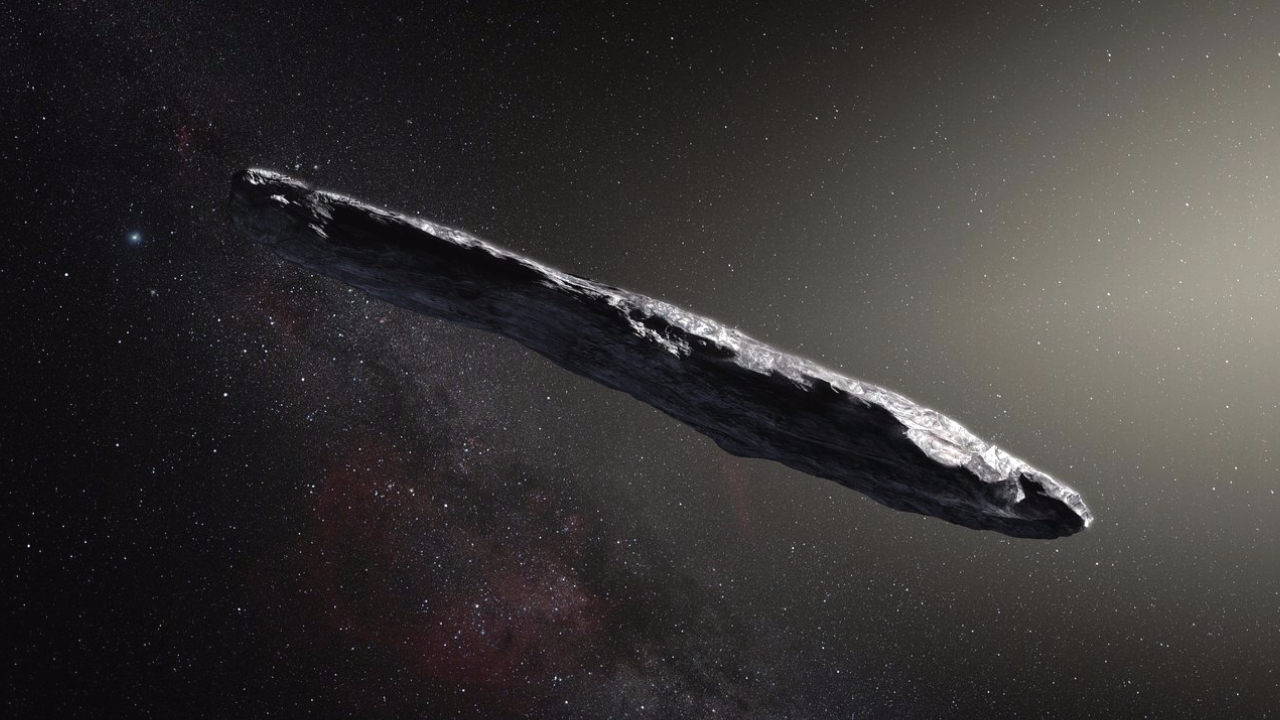


Comments (0)
This article has no comment, be the first!